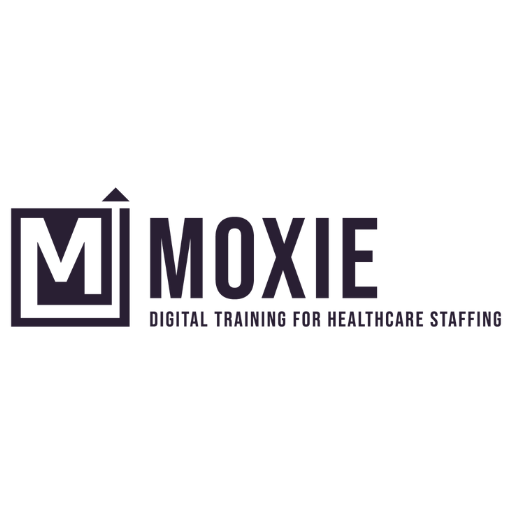By: Adam Gomez
Training recruiters in the travel healthcare staffing space can be challenging. Agencies must train recruiters on the hard skills (e.g., using the CRM/ATS; conducting boolean searches to source candidates, etc.) and soft skills (e.g., establishing trust or building rapport).
Often, agencies focus most of their training energy on hard skills. They assume if they hire the right people they will be naturals at the soft skills necessary for success. I mean, at the end of the day, it’s just talking to people, right?…To be a good recruiter one must simply be a good person;
“Be honest and open in your communications.”
“Do what you say you’re going to do.”
“Treat others the way you would want to be treated.”
As important as these principles are to being a good recruiter they just don’t cover all of the soft skills a good recruiter should possess. Staffing is complicated, because you are after all not working with products, you’re working with people. Good recruiters are excellent communicators. And that’s an understatement.
Consider for a moment the many situations a recruiter may face during the recruitment process. And now consider that for each situation a recruiter must have the skills necessary to navigate what are often situations they have no previous experience with. Understanding how to manage these situations is an extremely important part of a recruiters job in the travel healthcare staffing space.
In fact, recruiters can be great at running advanced boolean searches using Indeed, LinkedIn, and Google to source passive candidates. And they can be experts at using your CRM/ATS and running queries. But in the end, if they’re not effective communicators, they will fail.
We’ve been fortunate in our work at Moxie to partner with a few agencies that started out in IT or Executive Recruiting. They called us in when they were looking to launch a nursing division. The differences between these types of recruitment and recruitment in the travel healthcare staffing space are many. The process for recruitment in these other areas is much more transactional than relational, based on what we’ve observed, and on what recruiters who’ve transitioned from these roles to work in the travel healthcare space have shared with us.
This is an important distinction of the travel healthcare recruitment process as compared with other areas of recruitment. While there are some platforms which seem to lead to the proliferation of a transactional process (e.g., social media platforms and job boards), healthcare professionals still by and large seek to find a recruiter and agency they can develop a meaningful business relationship with. As we often hear, “I don’t want to be treated like a number.”
Now let’s get back to this conversation about hard skills versus soft skills. What we find is that agencies that tend to focus on hard skills and spend little time on developing soft skills typically have some of the same issues:
- Their recruiters are “order-takers”.
- Offer to acceptance ratios for their recruitment team are abysmal.
- Retention rates are embarrassing and have to be pried out of managements hands.
- Gross profit margins are below industry average.
Recruiters at these companies often view their job as being much more transactional in nature. They typically know very little about candidates in their pipeline beyond their credentials and work experience. They’re less likely to close candidates prior to submitting their profile for a position and more likely to submit each candidate to fewer than two jobs. While recruiters who have received ample training on soft skills are much more likely to see more favorable results in each of these areas.
When it comes to training, travel healthcare staffing agencies have to consider both hard skills and soft skills. While it’s important your recruiters understand how to use your CRM/ATS and how to conduct searches on various platforms, if they don’t possess the soft skills necessary for this position they are certain to struggle.





